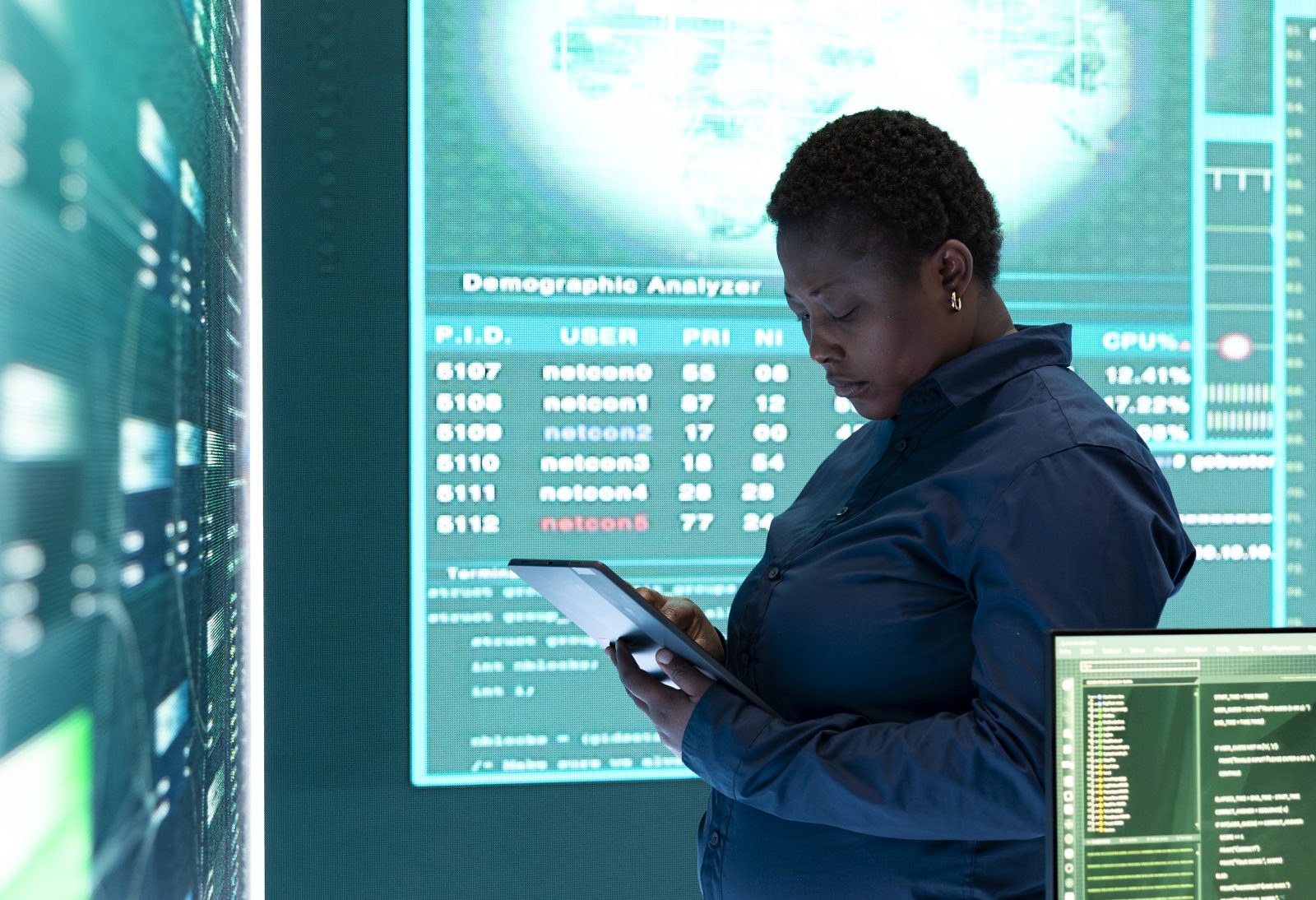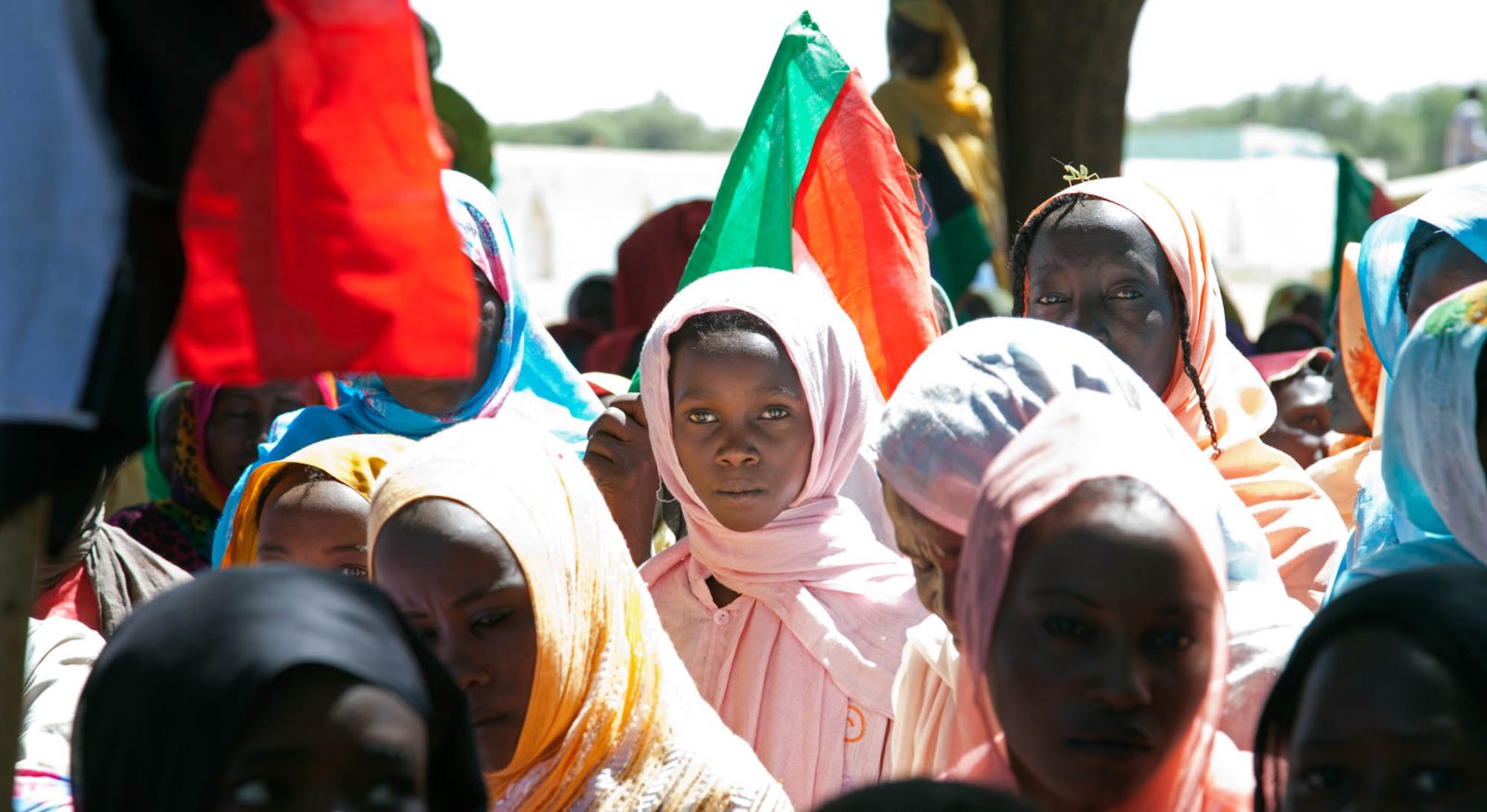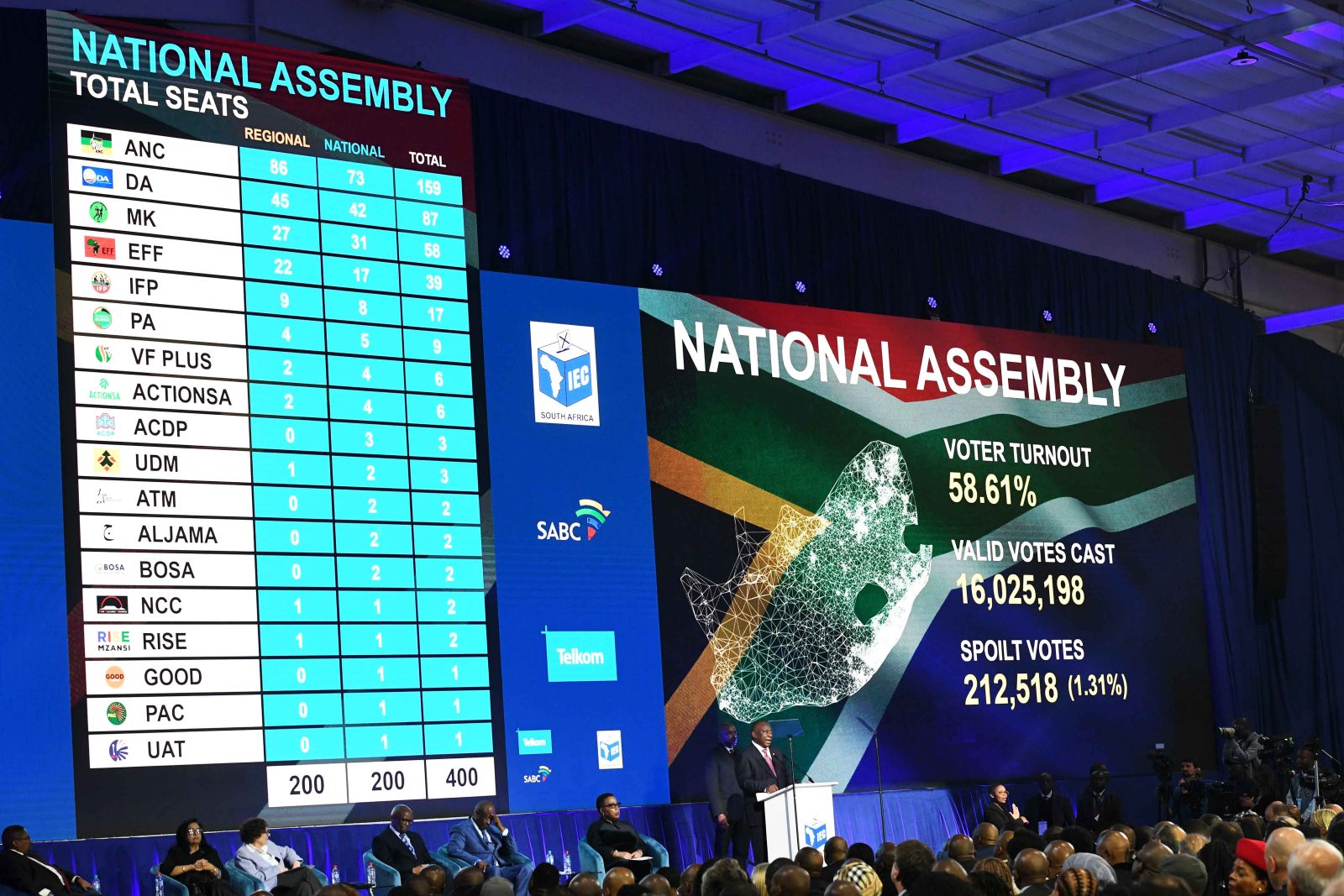With this final edition of the Monitor for 2024, we celebrate 60 editions of the Conflict and Resilience Monitor. ACCORD initiated the Monitor in April 2020 with the intent to monitor the effect of the COVID-19 pandemic on conflict and resilience in Africa. Since then, it has developed into a regular forum for debate and taking stock of the state of peace and security in Africa, including especially the various ways in which African institutions (multilateral, state and civil society) are developing and adapting capacities to prevent and manage conflict and sustain peace.
In this edition we begin with an article by Dr Adam Mayer, who shares some insights into his recently published book titled Military Marxism: Africa’s Contribution to Revolutionary Theory, 1957–2023, which “explores African Marxist theory and the intellectual merits of Afro-Marxist schools of thought to show how they have developed and impacted sub-Saharan Africa from the Cold War to the present”. Our second article sees Abraham Miniko present the pros and cons of technology use in Africa and makes a case for its potential to contribute towards peace and security on the continent. Michlene Mongae writes about the devastating impacts of the Sudan conflict on the access to food security for women and children. Lastly, we end this issue with a piece from Nkanyiso Simelane, Researcher at ACCORD, who shares reflections on the elections that have taken place in southern Africa this year, identifying trends and prospects for the region.
With this final edition of 2024 we also bid farewell to Assistant Editor, Nkanyiso Simelane, that ably supported the production of the Monitor over the past year, and we wish him well with the next step in his career.








